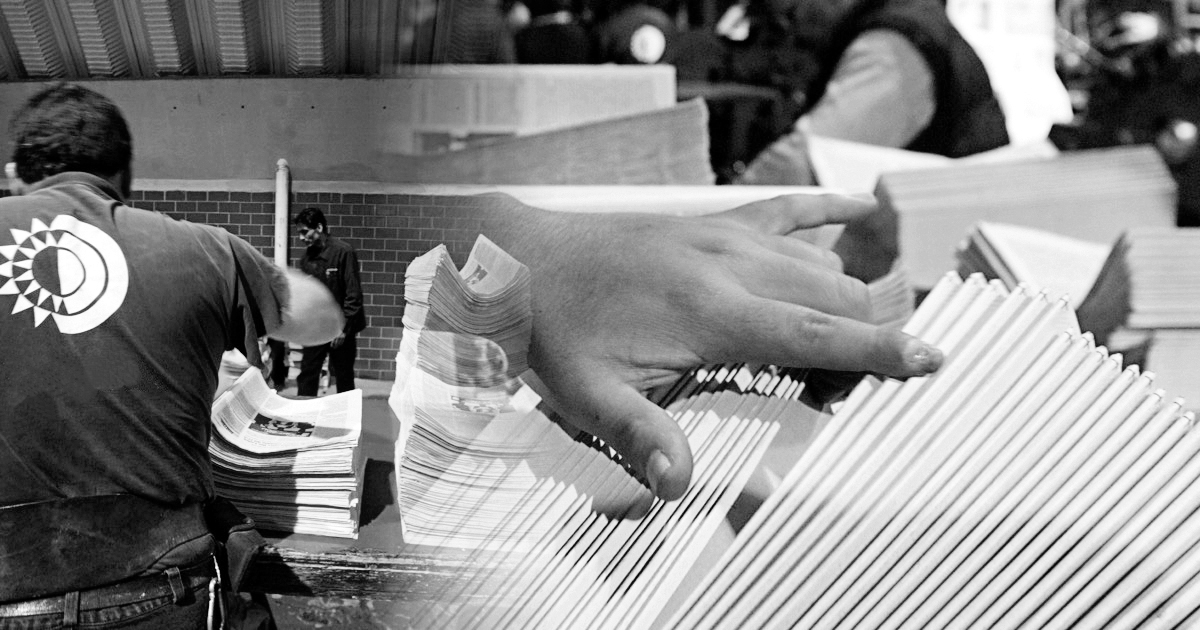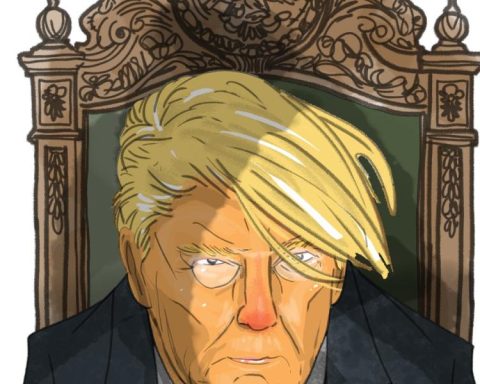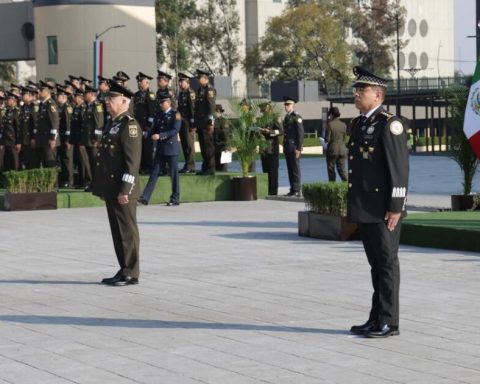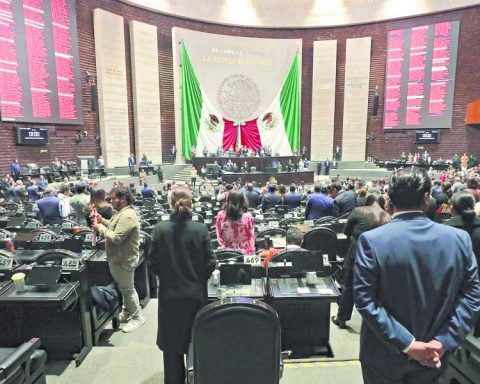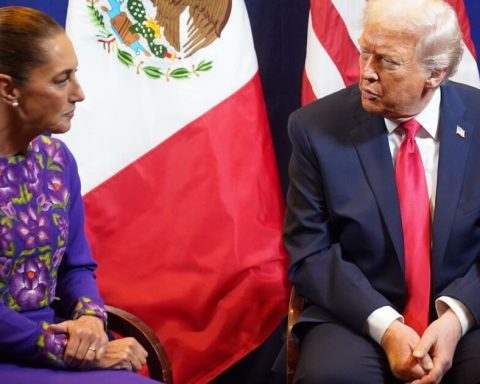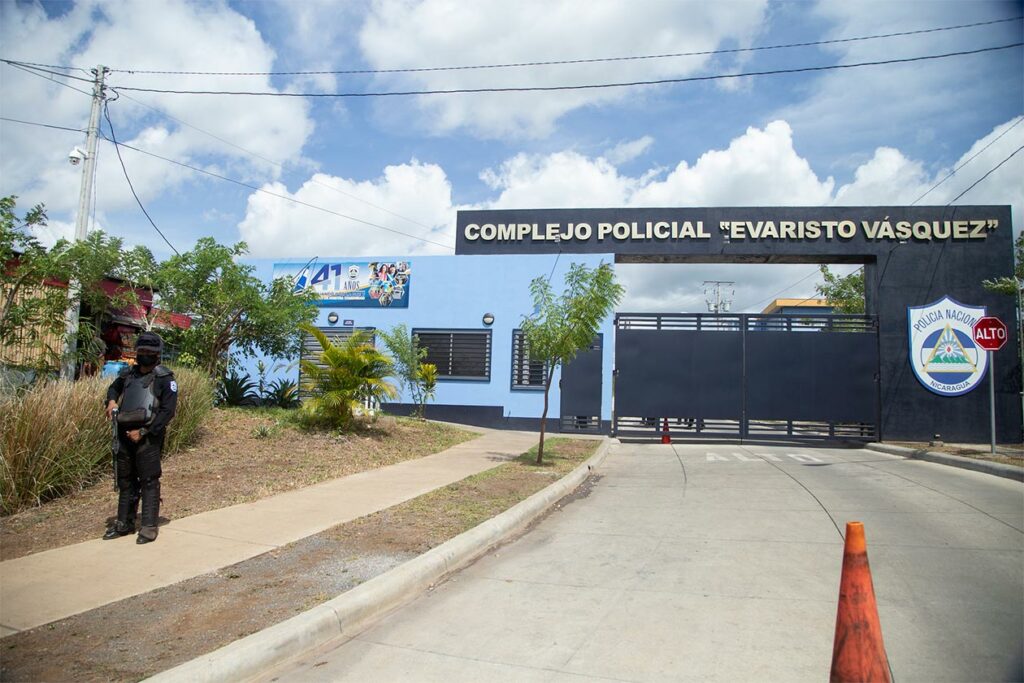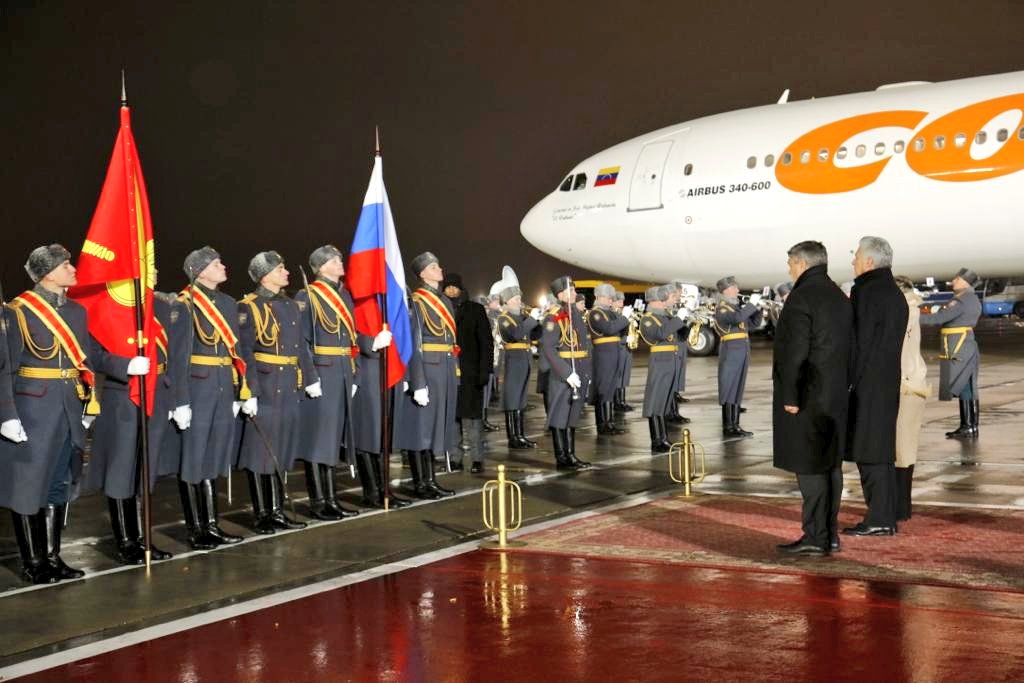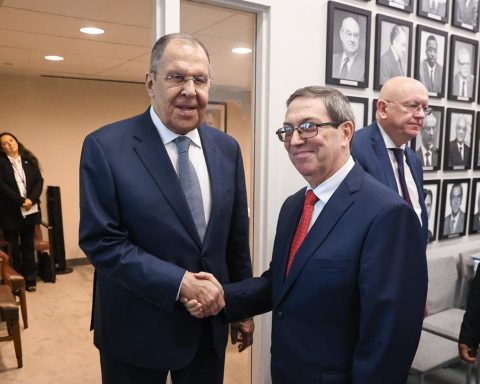what
who invented that the truth is in between? I am saying this because of the calls from journalists in Latin America and Spain appealing to impartiality -if not to neutrality
– to feel that they do their job well. His escape is that the public sphere is polarized
. An assumption is cited aristotelian mean
, when the Greek teacher wrote about the truth and fairness in themselves of moral principles and not to be placed in the middle between two extremes. For Aristotle there was no middle ground, for example, in adultery, corruption, theft or betrayal, one could not be medium
. Neither in virtue, which was an extreme of goodness, desirable for a whole society based on experience. But the discourse of the medium continues around repeating to us that partiality is falsehood; that avoiding leaning between two political positions is, in itself, telling the truth. Impartiality gives way to balance
, which is a symmetry in the characterization of the actors and their supporters, using a form of compensation that is supposed to occur when you point out the mistakes of one and the other. But it is a symmetry that serves neither to build the truth nor to be fair. It serves, rather, for a medium or one of its journalists to pass the buck of their ethical and social responsibility in the formation of public language. So that they say they are free of all commitment. A subterfuge to evade the responsibilities and risks that the very exercise of presenting the truth entails.
In the 19th century, what we call naive empiricism
, journalists were supposed to give only data and facts, but everything fell apart when it was recognized that these were constructed by a diversity of procedures that preceded them: framing certain data, choosing one story and not others, and prioritizing them based on previous stereotypes and biases. In the 20s of the last century, the publisher of The New Republic, Walter Lippmann, in addition to popularizing the term cold War and propose that the media they manufactured the consensus
, invented balance: having both sides of the story. The problem is that there are often several angles to the story and, above all, they are almost always incomparable. The French journalist Sandrin Boudana has studied the extermination of the Tutsis in Rwanda at the hands of the Hutus, which the European press presented as an ancient confrontation between two African tribes that killed each other: The balance, in terms of equal representation of violence emanating from both sides, represented a distortion of the reality of the conflict, in which one group was the victim of genocide perpetrated by the other.
. According to Lippmann’s artifice, Rwanda, Bosnia or the Gaza Strip had to be artificially balanced to maintain that the journalist was fair. But reality is almost never equidistant, nor balanced, much less fair. It’s like saying, as Donald Trump did, that among the African Americans who were mowed down by white supremacists in Charlottesville, violence came from both sides
.
In his essay, Boudana typifies five types of biases that must be made transparent by the media outlet itself or its journalists: positive, when the journalist is in favor of one cause and ignores the other; negative, when he is against and gives value to the opponents only when they speak ill of them; when he gives the same weight to both causes, even though one has more arguments and reasons than the other; gives equal weight to the errors of one cause and the other, and the one who gives pros and cons of one cause, without even presenting those of the other. They are all masked biases because the two causes never have the same quality in reality, so making them equivalent distorts what really happens. For example, the same weight is given to anti-vaccination as to the health authority; to those who believe
that climate change does not exist, that to scientists; to those who say that an electoral body It is going away
than those who detail what the political reform consists of.
The philosopher Stanley Cunningham has said that to think that truth inhabits a geometric center is equivalent to thinking of the world “as if it were a focus group”, those methods that are used to test a new dessert or television series. In marketing and in politics seen as merchandise, the center is always conservative. It does not serve for the truth or to make things fairer, only less original.
Cunningham writes: It is as if we choose our actions, not for goodness in itself, but to avoid extremes. In this relativistic vision, the principles do not exist in themselves, but rather as a reflection of some extremes that precede them. Aristotle was not a relativist. For him, the extremes are measured in terms of choosing and doing the right thing. not the other way around
. Being moral is a process of congruence between the sensation of goodness or justice with your behavior. To be from the center is to abjure any principle while waiting to measure how others define themselves. It is a tactic to evade responsibility, not the pursuit of a truth.
Let’s go back to the widget of calling neutrality because of how polarized everything is
. From the media we should expect, like audiences, accuracy and fairness. Not impartial or balanced or of focus groups
. Every narrative attributes approval and blame to different actors and voices. It is essential to make a story. The issue is whether these distributions of consent and complaint are consistent and justified. And, from what I see and read, suspicion has been installed in many journalists as the only form of lucidity.
